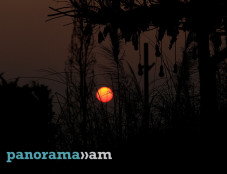
UNESCO adds reggae music to its ‘intangible cultural heritage’ list
The sound, which reached international acclaim thanks to artists like Toots and the Maytals and Bob Marley, is attributed for giving voice to the oppressed in Jamaica.
Its inclusion to UNESCO's collection of "intangible cultural heritage" means that it now has protected status, joining a list of more 300 other cultural traditions like the Spanish art-form flamenco, Mongolian knuckle-bone shooting, and yoga in India, CNN reported.
Reggae music's "functions as a vehicle of social commentary, as a cathartic experience, and means of praising God remain unchanged, and the music continues to provide a voice for all," UNESCO said. Reggae’s "contribution to international discourse on issues of injustice, resistance, love and humanity underscores the dynamics of the element as being at once cerebral, socio-political, sensual and spiritual," it added.
Around the the 1960s, Reggae became popular in Britain and the United States -- countries where many Jamaican immigrants had moved to after World War II.
Jamaica applied for reggae's inclusion on the list this year at a meeting of the UN agency on the island of Mauritius, where 40 proposals were under consideration, according to Aljazeera.
Reggae was competing for inclusion alongside Bahamian strawcraft, South Korean wrestling, Irish hurling and perfume making in the southern French city of Grasse.
Newsfeed
Videos






























